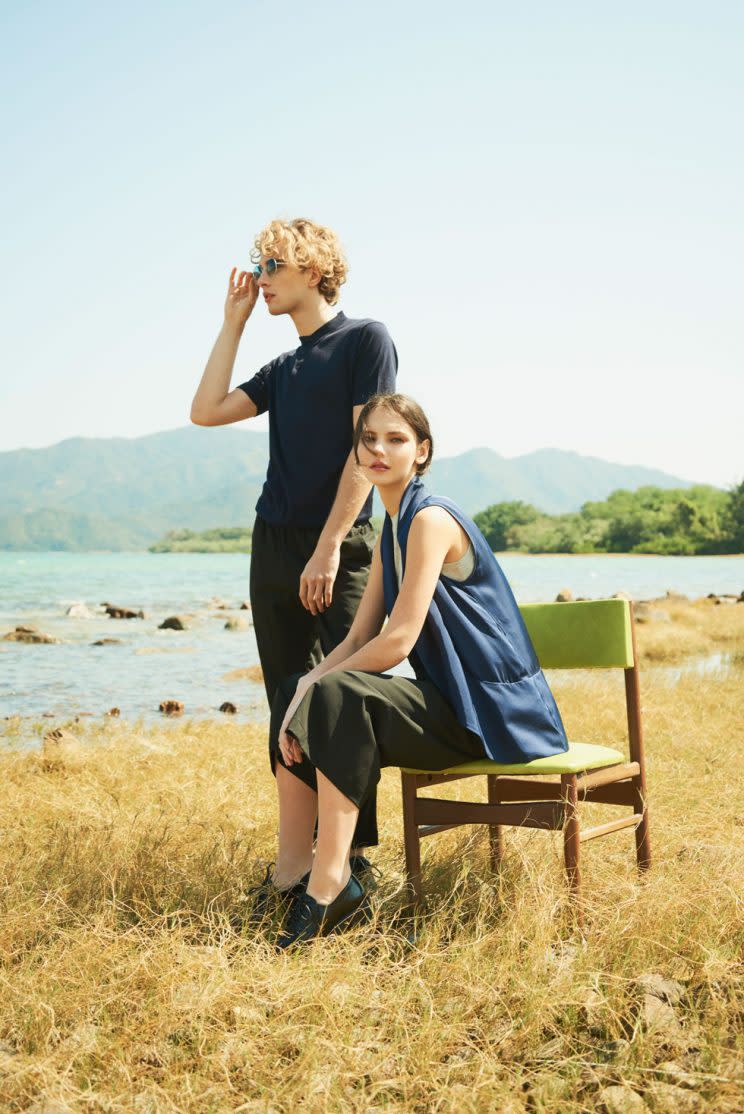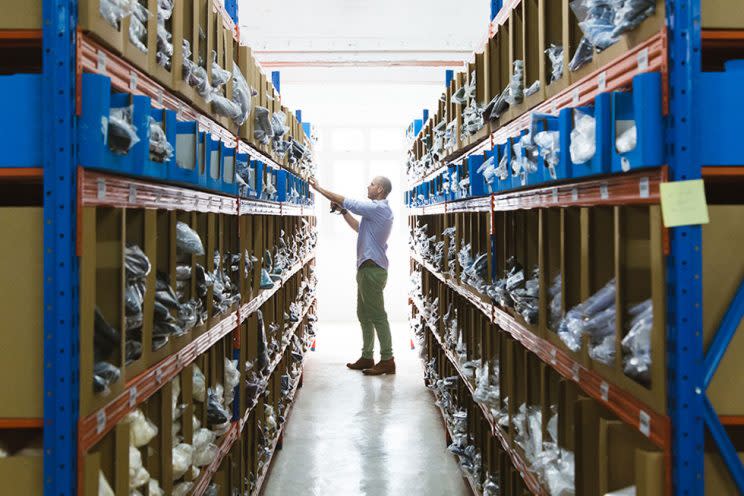Grana Is the New Everlane

Millennials may have a fixation with pink, but don’t underestimate their appetite for being smart shoppers.
More and more, the marketplace is brimming with direct-to-consumer fashion companies. Their offer of fair-priced, quality products with transparent production and pricing has become alluring to young customers looking for alternatives to fast-fashion companies. Such examples include luxury cashmere brand Naadam and fine jewelry startup AUrate. Then there is Everlane — the company that pioneered the direct-to-consumer (D2C) trend by offering quality basics like crewneck wool sweaters and oxford shirts at transparent pricing.
Everlane’s success is undeniable, but what they have spearheaded is what Grana — a new fashion company to the D2C market — is looking to expand upon, and at a much bigger, better, and faster rate.
Grana’s main focal point is offering the best, highest-quality fabrics from around the world at honest prices. For example, you can purchase a silk camisole for only $49 — one of their best-selling products. You can also buy a cashmere crewneck sweater for $99 or a pair of Japanese-cut denims for only $49. Sounds unreal right? So how does Grana keep their prices so low?
It all goes back to cutting out the middlemen and limiting the number of distribution centers to just one — in Hong Kong, where Grana is based. In a typical store setting, the chain of events takes at least four steps or more: A garment starts with an agent, and then travels to a distributor, then to a warehouse, and finally to the store. Each movement of goods includes a markup in the garment’s price. Grana, contrastingly, reduces the process to three simple steps, as exhibited below.



Grana prides itself on going straight to the fabric sources, which help bolster their diverse 10-piece fabric selection: Chinese silk, Peruvian pima cotton, French poplin, Irish linen, Mongolian cashmere, Italian merino, Japanese denim, Japanese chambray, Chinese cotton twill, and Italian Sensitive.
In contrast to Everlane, Grana offers denim, lingerie, and activewear alongside their men’s and women’s basics like oxford shirts, trousers, shorts, skirts, and outerwear. Grana is the go-to shop for anyone looking to start building or enhancing their wardrobe essentials. Their collection is timeless, intended to be worn year-to-year through mixing and matching and layering, all without having to spend hundreds of dollars on the same item of clothing in a designer setting.



Grana first launched in Hong Kong in 2014 by CEO and founder Luke Grana, whose surname became the brand’s name. It all started after Luke traveled to Peru to visit his brother when he discovered the luxurious, ultrasoft fabric Peruvian pima cotton. This spurred the concept for Grana, and the company went on to sell 2,000 Peruvian pima tees within three weeks after they first launched.

In just a few years, the company has expanded to shipping globally to 12 countries (Australia, United States, Singapore, Hong Kong, Belgium, France, Germany, Italy, Netherlands, New Zealand, Spain, and United Kingdom). It now has more than 75 employees and secured $10 million at the end of 2016 to support greater expansion in the U.S.
Grana is a prime example of a millennial fashion company whose transparency and product offerings are now needed more than ever in the fashion world.
Read more from Yahoo Style + Beauty:
• Priyanka Chopra on When She Decided to ‘Be OK With Me’
• Valentino and All the Best Looks From the Resort 2018 Shows So Far
• The Quiet Revolution That’s Changing the Way You Shop
Follow us on Instagram, Facebook, and Pinterest for nonstop inspiration delivered fresh to your feed, every day. For Twitter updates, follow @YahooStyle and @YahooBeauty.

